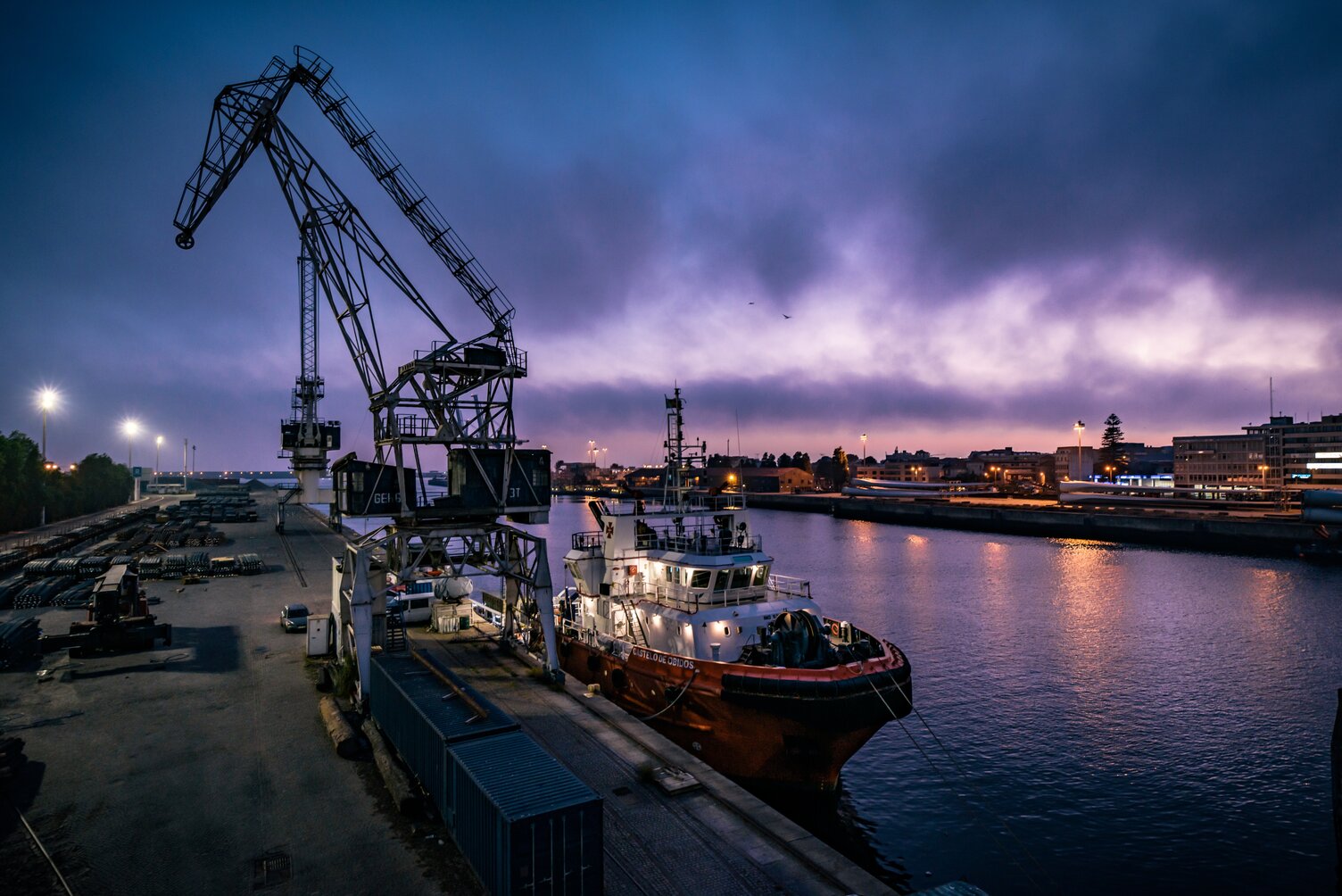The GTPA calls for informed dialogue and statesmanship on trade: Myopic self-interest and cavalier attitudes on trade wars put global recovery and growth at risk

Developments in international trade over the last year and beyond, including those related to NAFTA and the TPP, implications of Brexit on trade, and more recently, the risk of triggering trade wars through unjustified tariffs, combine to drive a call for informed, fact-based and thoughtful dialogue. Trumped-up justifications based on alleged national security concerns set a dangerous precedent, putting at risk the progress achieved over decades in advancing rules-based trade to which most of the globe adheres today.
The benefits of international trade are currently the subject of debate in various contexts, however, it has long been demonstrated that, even with its systemic imperfections which must be acknowledged, trade has been a powerful driver for economic value creation, inclusion and poverty reduction, as well as peace and security.
Trade has, until the peak of the global crisis, grown at rates that exceed the pace of global GDP growth, and thus has also been referenced as a driver of growth of the global economy.
In recent years, global supply chains are largely anchored in developing and emerging markets, with large buyers often engaging in trade with communities of suppliers numbering in the thousands or multiple thousands, including micro-enterprises sometimes belonging to local cooperatives.
Economic and trade-based integration is a reality and an important characteristic across North America and the European Union, with decades-long initiatives to foster mutually beneficial trade flows across Africa, the ASEAN economies and member states of the Organisation for Islamic Cooperation, among numerous other regions. The value of trade is widely appreciated, and while mercantilist history was rooted in a zero-sum view of trade activity, more recent approaches to international commerce aspire to a more balanced, mutually beneficial model.
“International trade and investment and trade liberalisation are crucial for securing the current global recovery as well as assuring future economic prosperity. A trade war is not the answer to creating long term economic growth and jobs, particularly for Small to Medium enterprises – drivers of economic health in many markets around the world – which benefit from exporting into Global Value Chains and individual consumers.” Ms Lisa McAuley, CEO of the GTPA said.
“A study released by the Economist in 2016 of 40 countries found that the richest consumers would lose 28% of their purchasing power if cross-border trade ended, but those in the bottom tenth would lose 63%.Jobs and economic prosperity are best created and protected over the long term through an open, rules-based and competitive economic system.” observes McAuley.
It is imperative that those countries embracing and promoting the importance of freer, rules-based trade and trade liberalisation continue to support the WTO, contribute to its evolution and recommit to championing trade, even as we all work together to address current imperfections in the architecture of international commerce. Maximising the benefits of international trade and investment for all through effective policy design and deployment must be a shared responsibility and priority of all levels of government, international institutions and regulatory authorities, and must take into consideration the importance of policy consistency across jurisdictions when necessary.
As MIT Sloan School of Management professor Erik Brynjolfsson notes: “No nation can succeed by trying to protect the past from the future. We will succeed by having the confidence to embrace competition, and leveraging our comparative strengths, which are numerous. We have the largest, most productive and most technologically advanced economy that’s ever existed on this planet. The more open the world economy is, the more we have an opportunity to leverage our many strengths.” (Source: https://archive.is/sgdYD)
Thoughtful, fact-based and informed dialogue on trade is fundamental to assuring a robust and more inclusive model for trade around the world, as well as to demonstrably contributing to peace and security through engagement and mutual prosperity. Leadership today requires vision and courage, and the integrity to do more than pander to narrow interests and narrow views of the world. The importance of such leadership at this moment in history cannot be overstated, nor can the importance of genuine dialogue with a wide range of stakeholders, including government, business, academia, civil society and the numerous international institutions tasked today with assuring the constructive evolution of the global economic system.
“The GTPA is a global alliance, by definition collaborative in nature, privileged to count among its members, leading thinkers, experts and practitioners in all aspects of international trade. It is incumbent upon us to champion trade, support and enable its progression as a force for inclusion, growth and global security. Trade is one of a limited number of levers that policymakers and political leaders can influence to positively drive growth. Recent events bring sharply into focus, the need for responsible, informed discourse and statesmanship on matters of international commerce”, states Alexander R, Malaket, Chair, International and Technical Advisory Committee, GTPA, and President, OPUS Advisory Services International Inc.